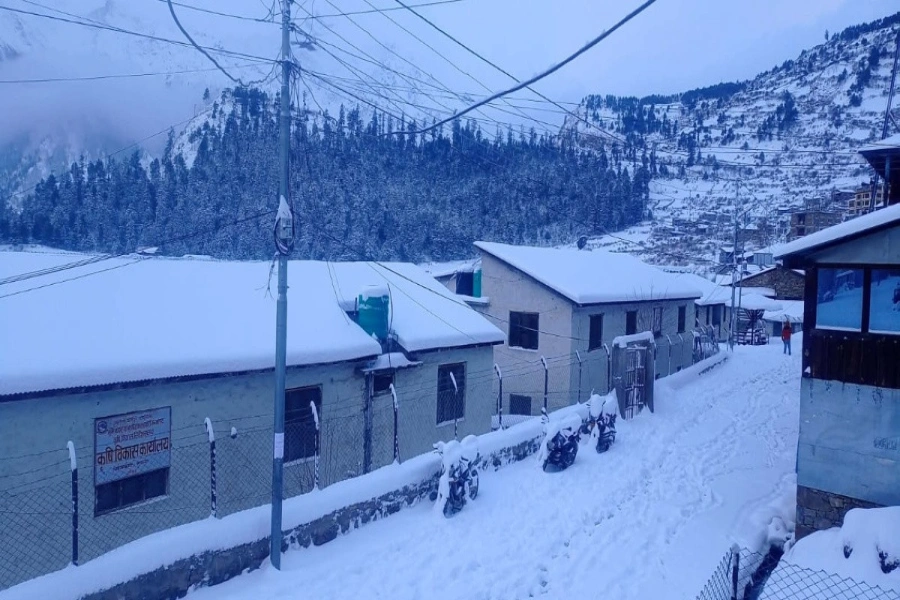Success of Dr Govinda KC
It was a classic case of David versus Goliath. Dr Govinda KC of Tribhuvan University Teaching Hospital was single-handedly taking on the entrenched medical mafia. In the arsenal of the frail sexagenarian was nothing but his unshakable moral conviction, built over an impeccable career founded on selfless devotion to the sick and the needy. But in the end, this proved enough to transform the way medicine is practiced in the country. Dr KC believed that the medical sector these days had become commercialized and urban-centric and it had become nigh impossible for those of limited means, or the vast majority of Nepalis, to get affordable and reliable healthcare. This is why the most recent agreement between Dr KC and the government comes as a music to the ears of all those who had supported his lone crusade against the medical mafia. The new agreement provisions for at least one medical college in each (future) federal province; it brings the controversial Manmohan Medical College under the ambit of Bir Hospital; it provisions for 50 percent free seats in government-run medical colleges; and it forestalls the likely construction of new medical colleges inside Kathmandu valley for a decade.
But Dr KC dropped the demand for impeachment of CIAA Chief Lokman Singh Karki as the parliament is already considering such an impeachment proposal. We hope that the parliamentarians can summon the courage to impeach Karki—if indeed he is found guilty of meddling in government institutions. Notwithstanding the CIAA case, it is hard to overstate how big a battle Dr KC has won. Medical education is a lucrative business in Nepal and among its big investors are top leaders of political parties, parliamentarians and rich businesspersons, all capable of throwing their weight around. Their only goal was to somehow increase the number of MBBS seats in private colleges. As things stand, an MBBS seat can be sold for anywhere between Rs 4 million to Rs 10 million. Dr KC and his supporters were rightly worried that after spending so much on their education, these students, upon their graduation, would be completely focused on recouping their costs. Dr KC believes that the noble field of medicine cannot be run like a commercial business, with profit maximization the only goal.
In order to get the attention of the powers-that-be Dr KC adopted the most humane form of protest: fasting. He repeatedly put his life on the life so that all Nepalis could have equal access to healthcare. The resounding success of the cause Dr KC championed shows that in a democratic society power comes not from the barrel of the gun but from one’s ability to touch people’s hearts and minds. The thousands of people who took to the streets every day to put pressure on the government to address Dr KC’s demands were a reflection of his justifiable popularity. We would like to take this opportunity to salute a true patriot and social reformer. We believe the state must recognize Dr KC’s contribution in some way. How about nominating him from Nobel Peace Prize? If there is a more deserving candidate, anywhere in the world, we would like to know.


































